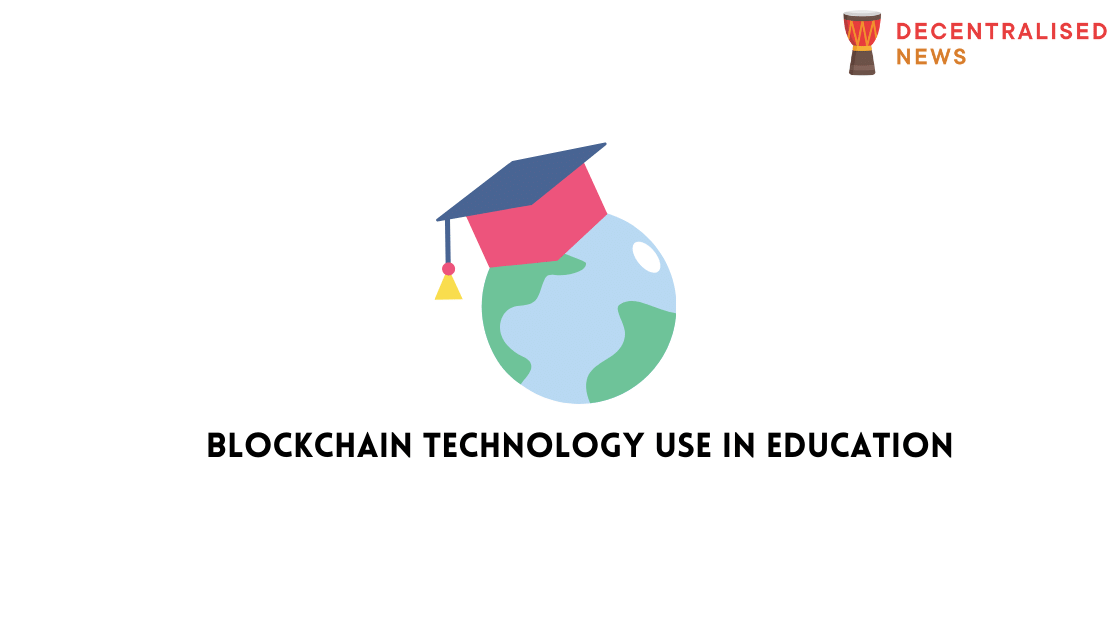Blockchain Technology Use in Education

Many players in the education sector are harnessing the transformative power of blockchain technology. The University of Melbourne announced back in 2017 that it’d be issuing recipient-owned blockchain records and also utilizing blockchain to issue digital credentials. This was aimed at making it possible for students to be able to share verified copies of their educational qualifications with prospective employers or other parties using a tamperproof system.
Woolf University is one entity that has aspirations of becoming one of the world’s first non-profit, borderless university that is powered by blockchain technology.
Registree is a decentralized student data platform that gives students full ownership of their data and connects universities, students, and employers. Registree struck a partnership with the University of Cape Town to create blockchain-based records for students. Registree utilizes a combination of traditional databases and the Ethereum blockchain and the blockchain-based student registry is supposed to address several problems of youth unemployment rate and skills shortage in South Africa.
Blockchain technology is expected to impact the education sector by:
-
Blockchain technology can be leveraged for verification of student records and accreditation. It can also be used for keeping records secure and lessen the potential of fraud.
-
Creating improved learning platforms – education providers are able to provide better access and sharing of study materials to students. Users of these new and improved platforms could purchase ecosystem tokens to request for feedback from online tutors. Using blockchain-based tokens users of the platforms could also download learning materials or gain access to other education services.
-
Decentralising online education – blockchain could help students and instructors share information in real-time and it could also help decentralise online learning in such a way that would mean that institutions can’t dictate the type of courses that are published or made available to learners and they also can’t dictate prices that are charged for the courses.
-
Researchers can also benefit from adoption of blockchain since they are better able to protect their works from copyright and the violation of their digital rights.
-
Blockchain makes it possible to provide new and more cost-effective pathways to learning. By making it easier to streamline the processes of, for example, managing student tuition payments. By helping to reduce administrative burden, unnecessary human resources can be eliminated thereby driving down the cost of providing high quality education.
-
Blockchain is expected to bring about more accountability through the use of smart contracts. For instance, teachers and students could enter into digital agreements which would have stipulations on the parameters of specific assignments, including the due dates etc. Smart contracts could also be utilised for student loan repayments.
Some entities leveraging blockchain technology for education, communication and information services include: Disciplina, Parchment, Sony Global Education, Bitdegree, IBM, Hyland Credentials, Odem, and Appii.





